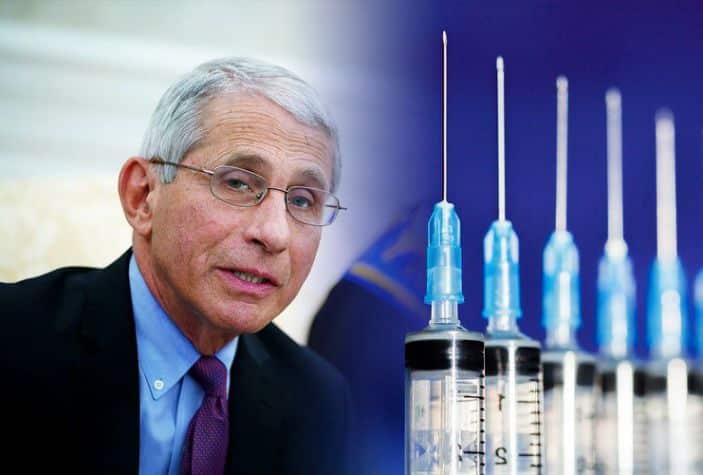
A multitude of politicians and people in the media have been saying everyone should take experimental coronavirus vaccines, some of which are not even vaccines under the normal meaning of the term. In presenting this plea, many of these individuals have repeatedly described the experimental coronavirus vaccine shots as safe, despite the fact sheets for the vaccines at the Centers for Disease Control and Prevention (CDC) website having indicated all along that, rather than being safe, the shots carry many known health risks, as well as unknown risks because of incomplete and rushed testing. And, with the continuing torrent of reports of injuries and deaths after injections of the rushed vaccines, there is growing indication of severe and expansive harm from the vaccines.
So, if there are identifiable people who are immune to harm from coronavirus, why urge them to take the risk of taking experimental coronavirus shots? That is a question United States House of Representatives member Thomas Massie (R-KY) has been asking since last year, with a focus on people who have had coronavirus and, thereby, gained immunity from reinfection. Don’t encourage these people to take the shots that will do them no good, says Massie.
Interviewed Thursday at Fox News by host Tammy Bruce, Massie again presented his strong case against giving experimental coronavirus vaccine shots to people who have already had coronavirus. Watch Massie’s interview here:
Massie is an Advisory Board member for the Ron Paul Institute for Peace and Prosperity.
There seem to be many other people, in addition to individuals who have already had coronavirus, who would be better off not taking the experimental coronavirus vaccine shots. Instead of being influenced by the proclamations by politicians and people in the media saying that the shots are safe and for everyone, people can look to a more nuanced approach that takes into consideration factors including their personal risks from coronavirus, means other than the experimental coronavirus vaccines that are available for dealing with coronavirus, and the risks that the vaccines pose. An example of applying such an approach was offered by the group America’s Frontline Doctors back in December when the experimental coronavirus vaccines shots became available in America. Their analysis suggested that taking the shots would likely be the wrong choice for many people, especially among people under 70 years old, with the argument against vaccination growing stronger the younger a person is.
Yet, Americans have been and continue to be subjected to a major push, both by government and people in the media, for every American, all the way down in age to 12-year-old children, to receive the experimental coronavirus shots. Up next, giving experimental coronavirus vaccine shots to babies and children up to age 11 as well is the plan. Yet, children’s risk of death or serious injury from coronavirus is nearly zero. Why put them in danger by injecting them with experimental coronavirus vaccines? This seems to be a course of action encouraged out of ignorance or for reasons other than advancing children’s health.

